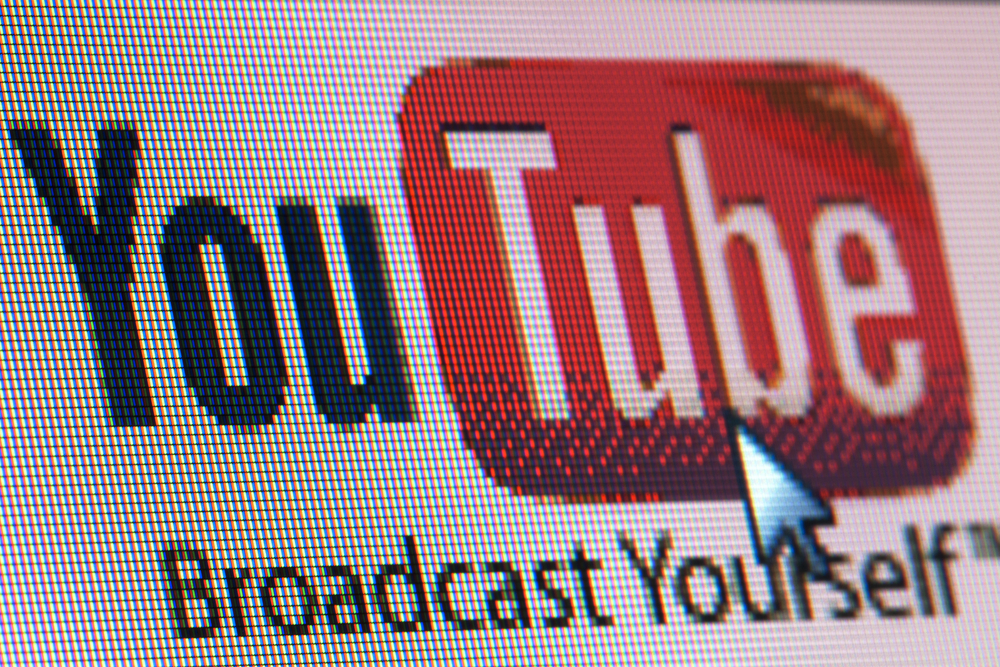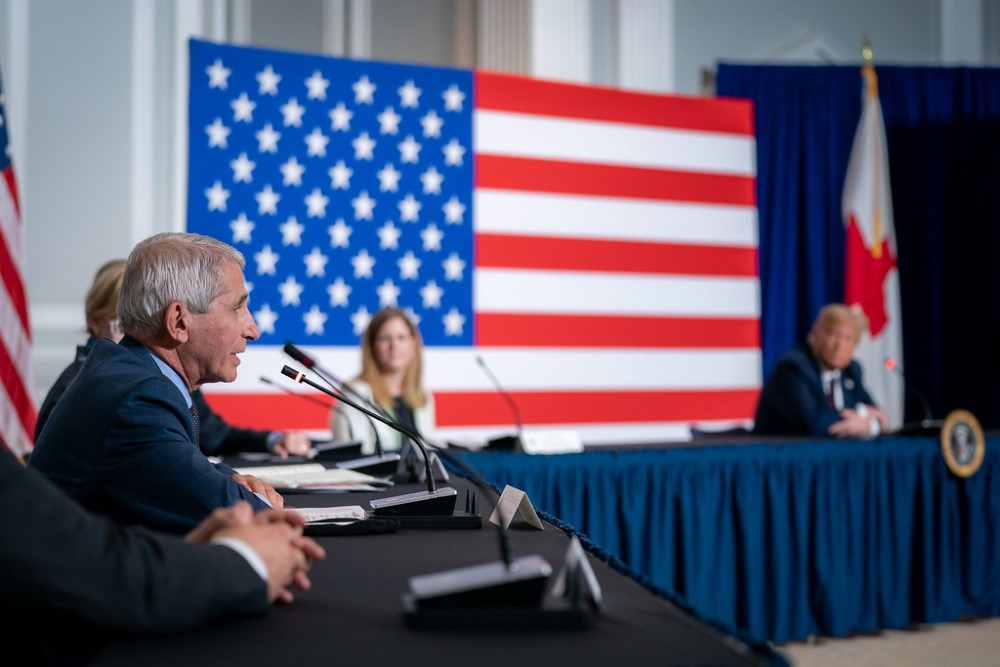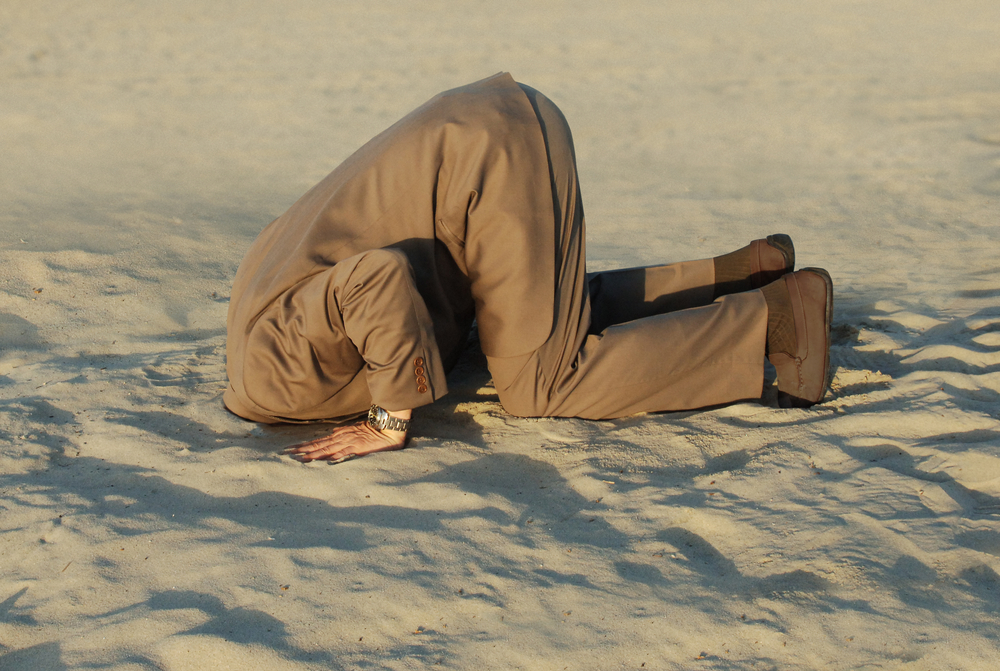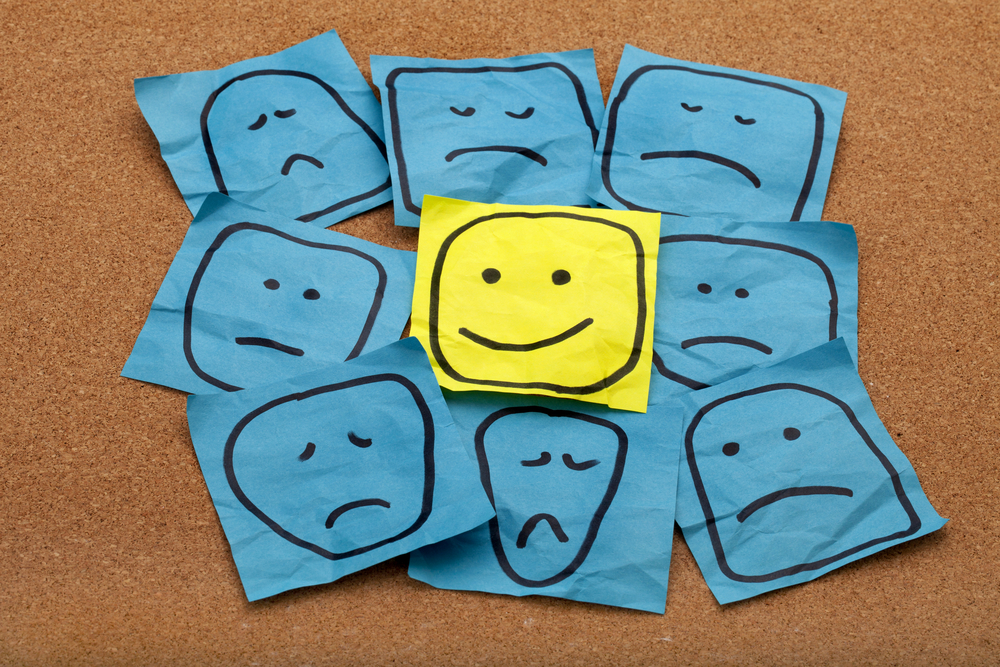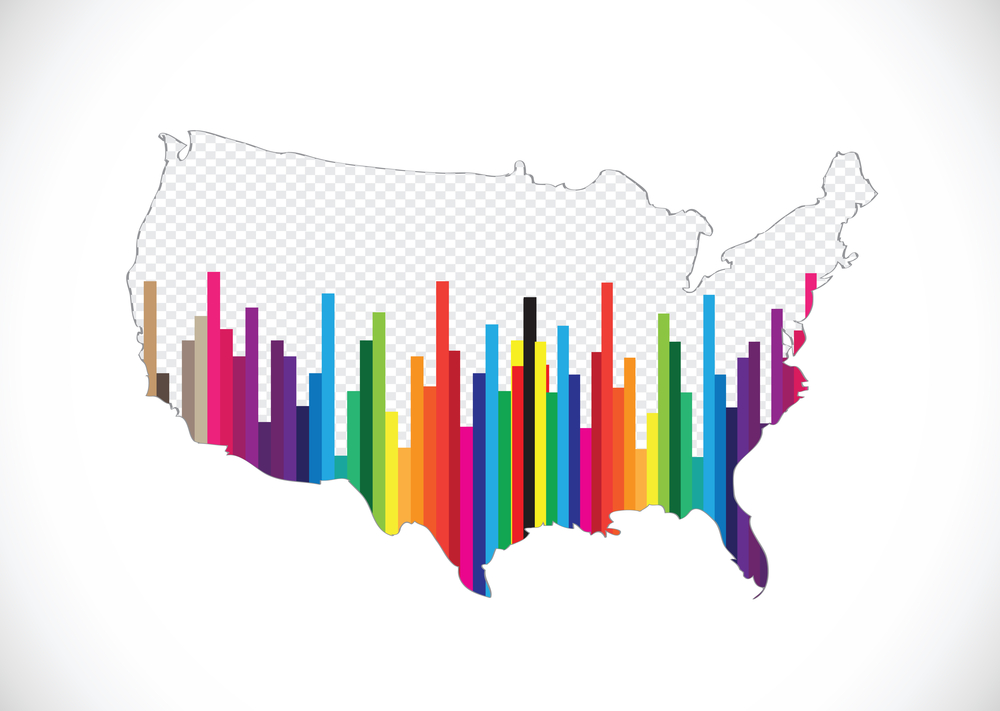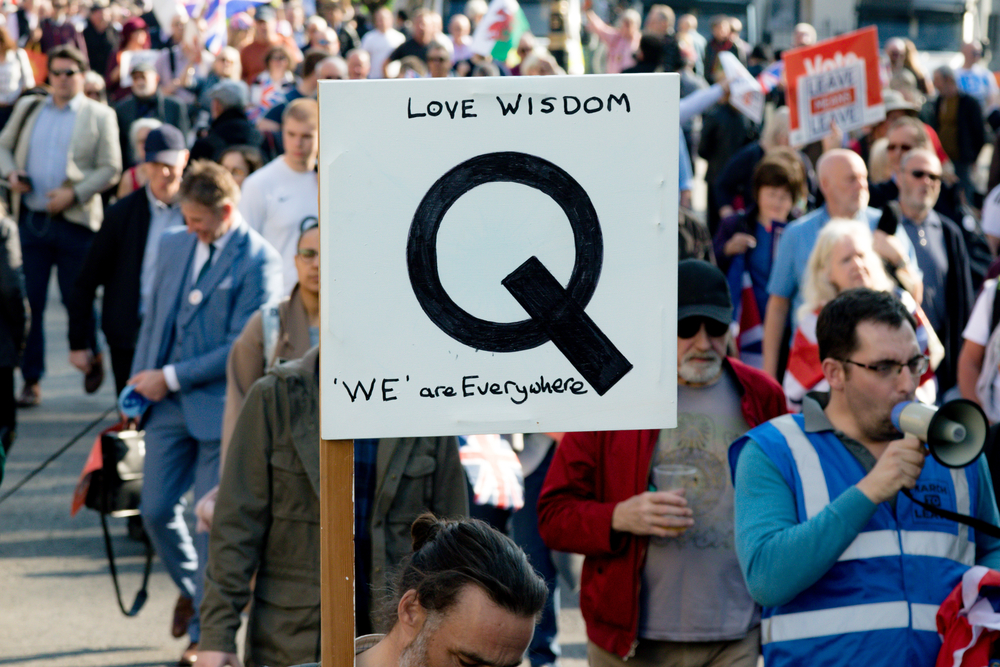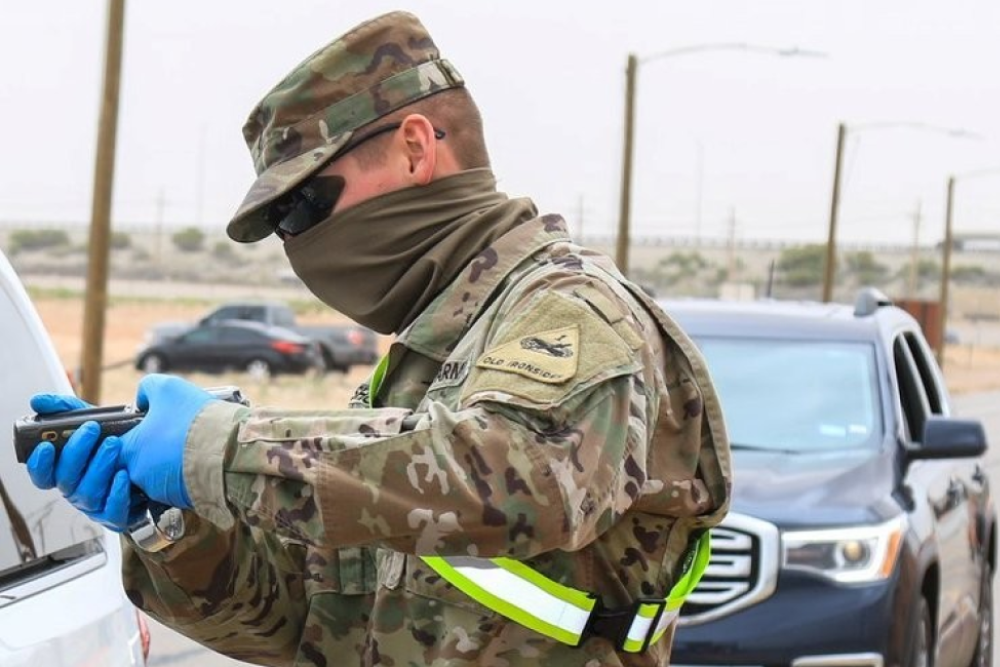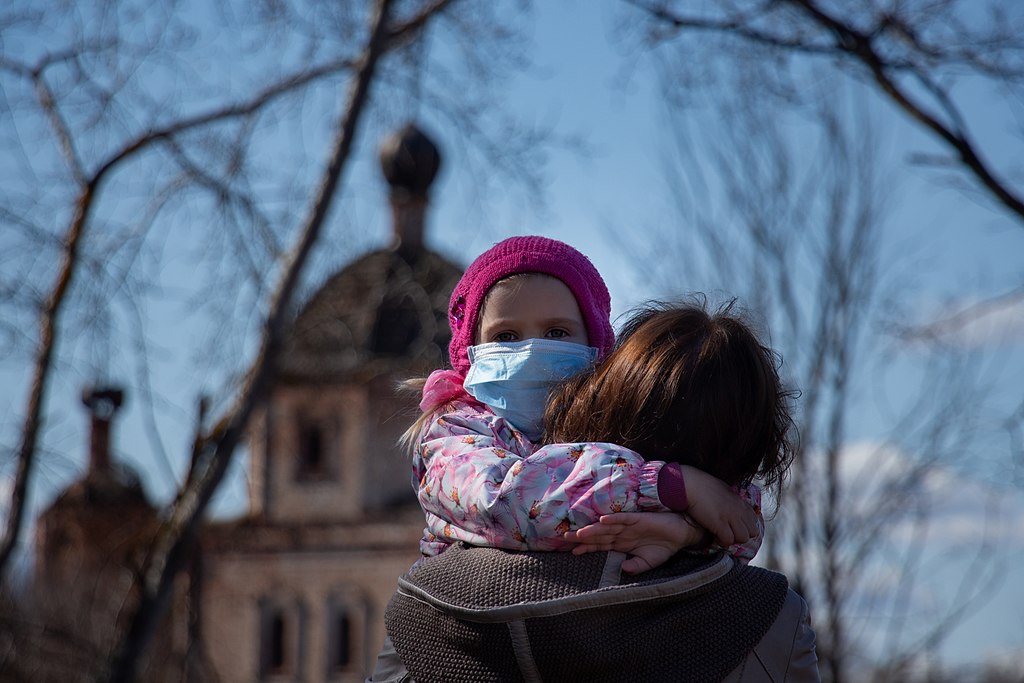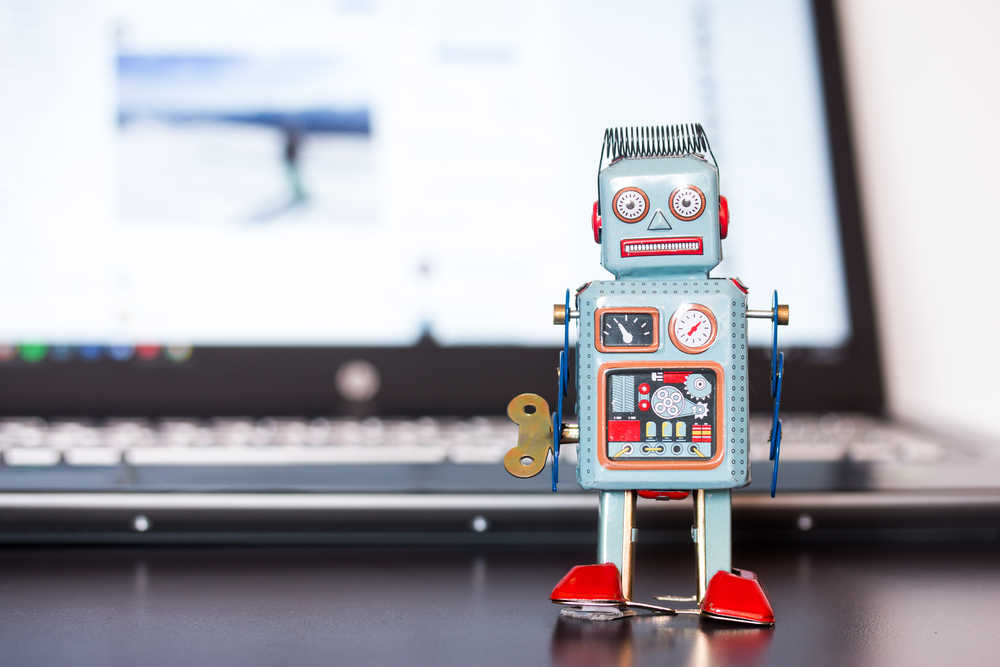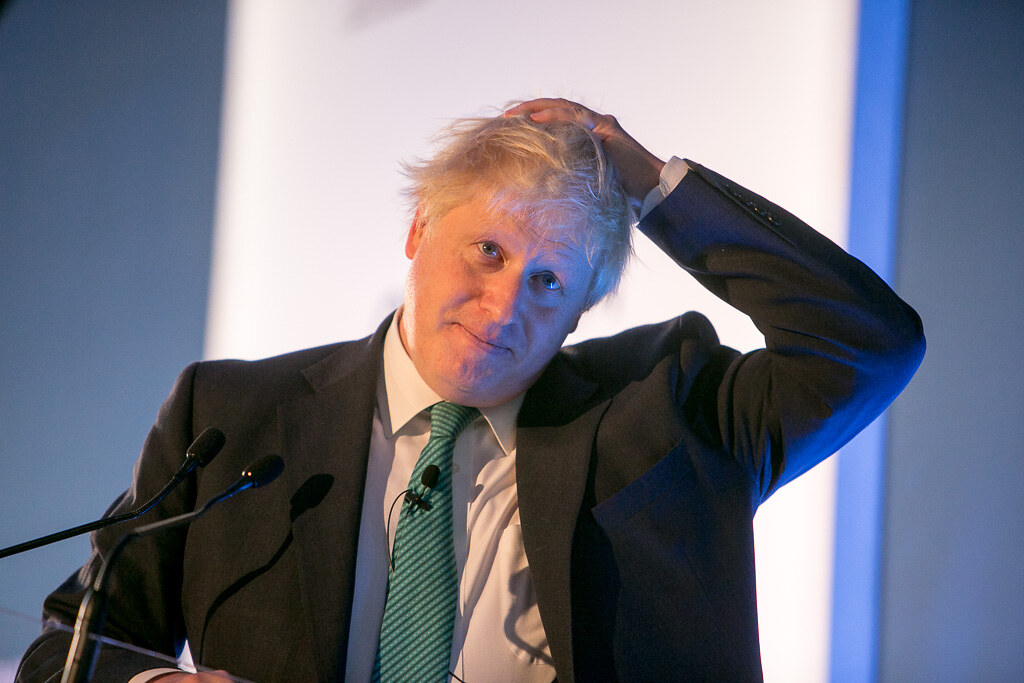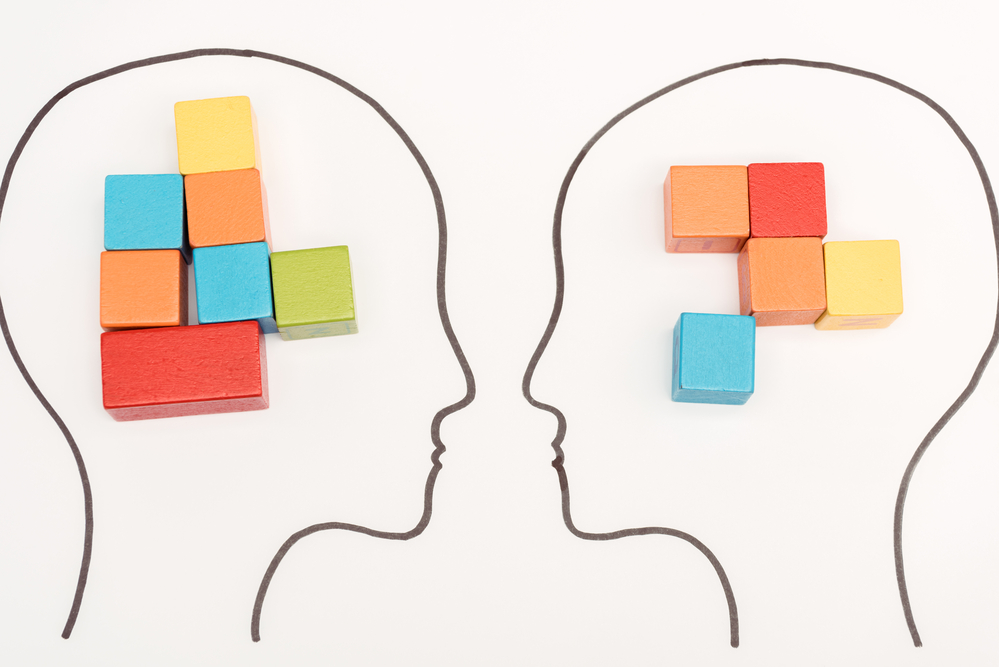At a White House press conference in August, the HuffPost’s White House correspondent, S.V. Dáte, was called on by President Donald Trump for a question. This was the first time Trump had called on Dáte, and the question the reporter asked was the one he had (he said later) been saving for a long time. Here is the exchange:
Dáte: “Mr President, after three and a half years, do you regret at all, all the lying you have done to the American People?” Trump: “All the what?” Dáte: “All the lying, all the dishonesties…” Trump: “That who has done?” Dáte: “You have done…”
Trump cuts him off, ignoring the question, and calls on someone else. The press conference continues, as though nothing has happened. Trump’s reaction to being challenged is familiar and formulaic: he responds by ignoring or denouncing those from whence the challenge comes. In a presidency as tempestuous as this one, that inflicts new wounds on the American democracy daily and lurches from madness to scandal at breakneck speed, this reporter’s question may have slipped under the radar for many.
But let’s go back there for a moment. Not only was it a fair question, it is a wonder that it is not a question Trump is asked every day. The daily litany of lies uttered by the president is shocking, though people who support Trump seem not to mind the lies, or at least are not persuaded thereby to withdraw their support. This seems extraordinary, but maybe it isn’t. As politics continues to grow more divisive and ideologically driven, versions of events, indeed versions of reality, which serve ideologies are increasingly preferred by those with vested interests over ones supported by facts.
Therefore, the answer to Dáte’s question was already implicit in its having to be asked. Given the sheer volume of lies, and given what we know of Trump’s demeanor, it seems clear that he harbors no such regret. Trump gave his answer in dismissing the question.
So, here we are then. The President of the United States is widely acknowledged as a frequent and mendacious liar. If you want to follow up on the amount, content, or modality (Fox News, Twitter, a rally etc.) of Trump’s lies, there are the fact checkers. The Washington Post’s President Trump lie tally database had clocked 20,055 lies to date on July 9. You can search the database of Trump lies by topic and by source. The Post finds that Trump has made an average of 23 false or misleading claims a day over a 14-month period.
Take the president’s appearance last month at an ABC Town Hall with undecided voters. In response to questions about his handling of the pandemic, and regarding the taped, on-the-record interviews with Bob Woodward in which Trump discusses his decision to play down the virus to avoid panic, Trump responds that he had in fact “up-played” the virus. He says this while making no attempt to square the lie off with what is already, in fact, on the public record. As with all Trump’s tweets, public speeches, rallies, press conferences etc., Trump tells lies and fact checkers scramble to confront them.
Of course, Trump should be fact-checked. Fact-checking politicians and other public figures for the veracity of their speech is, and will remain, a vital contribution to public and political discourse. However, it is also important to reflect upon the way the ground has shifted under this activity in the era of Trump; the post-truth era.
The activity of fact-checking, of weighing the President’s claims against known or discoverable truth, presupposes an epistemic relation to the world in which truth and fact are arbiters of – or at least in some way related to – what it is reasonable to believe. Truth and untruth (that is, facts and lies) are, in the conventional sense, at odds with one another – they are mutually exclusive. A logical law of non-contradiction broadly governs conventional discourse. Either “p” or “not-p” is the case; it cannot be both. Ordinarily for a lie to be effective it has to obfuscate or replace the truth. If “p” is in fact true, then the assertion of “not-p” would have to displace the belief in “p” for the lie to work.
But in the Trump Era (the post-truth era) this relation is no longer operative. Trump’s lies often don’t even maintain the pretense of competing with truth in the conventional sense – that is, they don’t really attempt to supersede a fact but rather to shift the reality in which that fact operates as such, or in which it has a claim on belief, decision, and action.
When Trump says he “up-played” the virus without addressing his own on-the-record admission that he downplayed it, he is of course contradicting himself, but more than that he is jettisoning the ordinary sense in which fact and falsehood are at odds with each other. This could be described as a kind of epistemic shift, and is related, I think, to any meaning we might make – now and in the future– of the concept of ‘post-truth’, and what that means for our political and social lives. The concept of post-truth appears to signal a shift in what people can, within political and social discourse, understand knowledge to be, and what claims they can understand it to have upon them. The consequences of this we can already see playing out – especially, for instance, in the pandemic situation in the US, together with the volatile election atmosphere.
Having a concept of epistemology is important here – a concept of what it would be to ‘know’ and what it would be to act on the basis of knowledge. Such a concept would have to demarcate an ancient philosophical distinction – between episteme and doxa; which is the distinction between knowledge and mere opinion or belief.
Post-truth is the ascension of doxa over episteme. In the well-known philosophical analysis of knowledge as justified true belief, for a belief to count as knowledge one must be justified in believing it and it must be true. Knowledge, under this definition which is rudimentary, and somewhat problematic, but nevertheless useful, is belief which is justified and true. But in the post-truth era it seems that the conditions of both justification and truth are weakened, if not dispensed with altogether, and so we are left with an epistemology in which belief alone can count as knowledge – which is no epistemology at all.
It is easy to see why this is not only an epistemic problem, but a moral and political one as well. What knowledge we have, and what it is reasonable to believe and act upon, are core foundations of our lives in a society. There is an important relationship between epistemology and an ethical, flourishing, social and political life. Totalitarianism is built on and enabled by lies and propaganda replaces discourse when all criticism is silenced.
The coronavirus pandemic has been disastrous for the US. A case can easily be made that the pandemic has been able to wreak such devastation because of Trump’s lies – from his decision to downplay the danger and his efforts to sideline and silence experts, to the specific lies and obfuscations he issues via Twitter and at press conferences or Fox News call-ins.
The US has recorded the highest number of infections, and deaths, of anywhere in the world. So, when Trump says “America is doing great” the question must be ‘what this could possibly mean?’ This is no casual lie; nor is it merely the egoistic paroxysm of a president unable to admit error. Repeating at every possible opportunity that ‘America is doing great, the best in the world’ It is a form of gaslighting – and as such is calculated to help Trump disempower and dominate America.
This is in itself quite unsettling, but where is it all going?
In another, particularly bizarre and sinister example of ‘Trumpspeak’ from a couple of weeks ago the president mentioned a plane that allegedly flew from an unnamed city to Washington, D.C., loaded with “thugs wearing these dark uniforms, black uniforms, with gear.” In the absence of any ensuing clarity from the president or anyone else on what this might have been about, and in the light of Trump’s oft-repeated claims of the presence of a ‘radical left’ contingent, of ‘antifa’ and ‘radical democrats’ etc., it seems to have been an intimation of some threat, directly or indirectly, the symbolism of which appeared to be drawn from the ‘law and order’ platform of his campaign. Frankly, it’s hard to say.
But vague lies and unverified claims with dark intimations are the stuff of conspiracy. If you line all that up next to the fact that Trump has generously hinted that if the election does not resolve in his favor, he will consider the result illegitimate, then you can see how the lies, the false stories, the obfuscations and intimations are the tools Trump is using to try to shift power. He is trying to dislodge power from the elite – which can be read as ‘people who know things.’
One way of characterizing the situation is to say that the post-truth situation is creating an epistemic vacuum where ideology trumps reality and it is in this vacuum that Trump will attempt to secure his win.
Take the oft-repeated mail-in ballot lie – that mail-in ballots are subject to widespread electoral fraud. This has been firmly refuted, even by Trump’s own investigation following the 2016 election. Yet it is widely recognized that this lie could foment a sense of resentment among Trump supporters should he not get across the line on November 3. Or it could facilitate his (by now fairly transparent) intention to declare victory on election night should the result be inconclusive as counting proceeds. These are the possible, or even likely, outcomes if Trump is able to create, feed, and capitalize on a situation in which truth and fact have no purchase on, or have no meaningful relationship to, people’s reasons for acting or making choices.
Trump’s lying is both a symptom, and part of the disease of his presidency – a pathology which has infected pretty well the whole Republican party and which is putting great strain on many of the organs and tissues of the American democracy. This really is a time like no other in America’s history, and the stakes are as high as they have ever been.
At this point the ethical dimensions of the question of why truth is important to a healthy and just society seem to be slipping from view as America struggles under Trump to keep an epistemic foundation in political discourse that is broadly governed by principles of veracity. Fact-checking alone cannot win that struggle.



